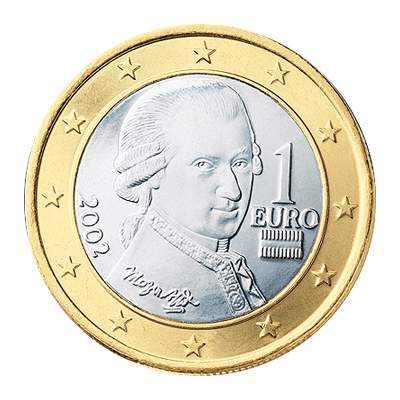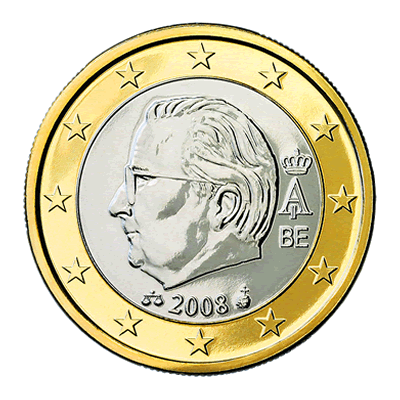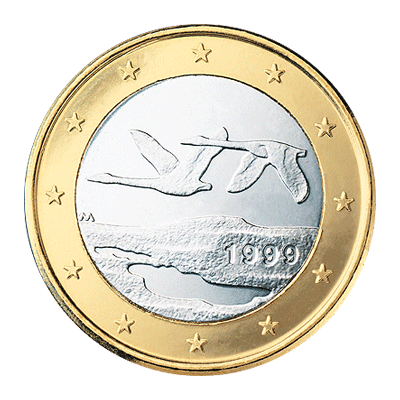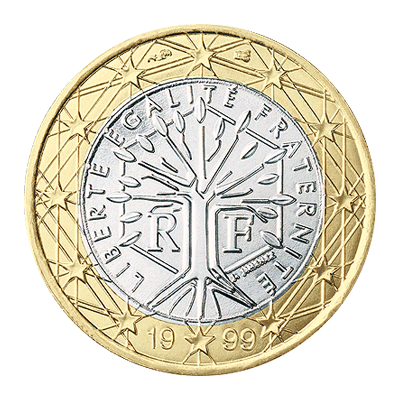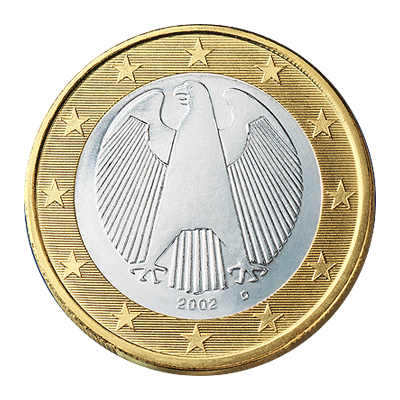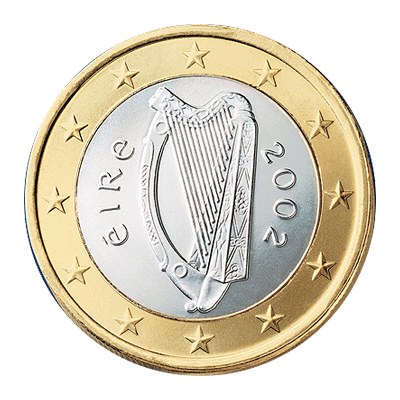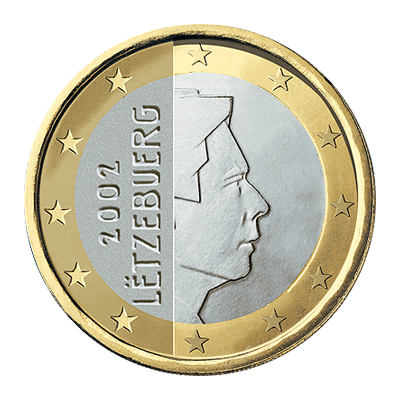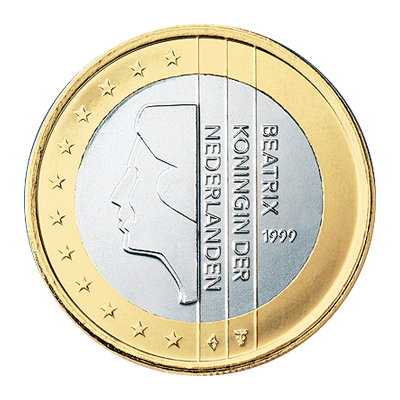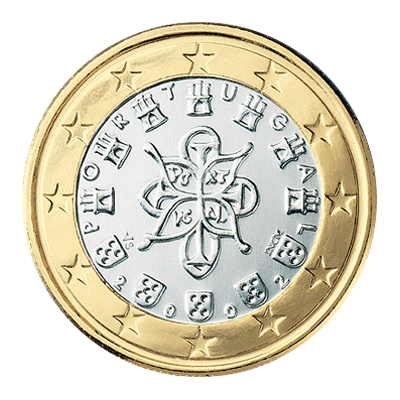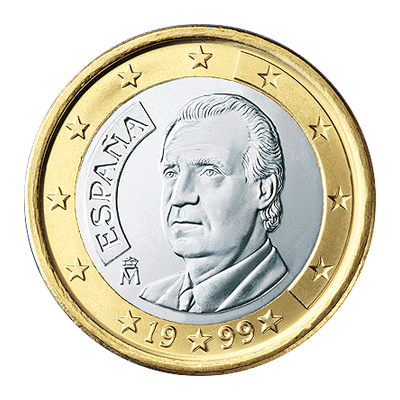By Katie Hunt
Business reporter, BBC News 
 The dollar's popularity is fading |
The dollar's role as the world's dominant currency is coming under intense scrutiny.
This week, China added its voice to demands for a new global currency as an alternative to the dollar in international trade and finance.
It is worried that the dollar's value is being eroded by the steps the US is taking to rescue its economy from the worst financial crisis since the 1930s.
The US currency recorded its biggest weekly slide since 1985 last week, after the Federal Reserve said it would begin buying government debt to try to boost the economy, underscoring concerns.
"Calls for a new global currency come at a time when the US dollar is probably at its most vulnerable in many years," says Mitul Kotecha, global head of foreign exchange strategy at French financial services firm Calyon.
Dangers
China's central bank governor Zhou Xiaochuan called for a new reserve currency run by the International Monetary Fund.
 | CURRENCY RESERVES Foreign currency held by a government or a central bank Used to pay foreign debt obligations or influence exchange rates The dollar is viewed as the world's reserve currency as the vast majority of reserves are held in the US currency |
He said the recent crisis revealed the dangers of relying on one currency.
He echoed similar calls made by Russia, which said it would bring up the topic at next week's G20 meeting.
The US response to China's unusually frank comments confused many investors.
US Treasury Secretary Timothy Geithner said he was "quite open" to China's idea, triggering a plunge in the dollar.
But he then added that the dollar was likely to remain the world's reserve currency for a long time, helping the currency to recover.
"The machinations of currency policy between the US and China are becoming increasingly intriguing," says Neil Mellor, currency strategist at Bank of New York Mellon.
China has almost $2 trillion in foreign exchange reserves, of which 65% is believed to be in dollars.
Popularity wanes
It is not unheard of for currencies to fall from grace in the global currency league.
 Rapper Jay-Z shunned the dollar in favour of euros in a recent video |
Sterling was the dominant reserve currency of much of the world in the 18th and 19th Centuries.
The cost of fighting World Wars I and II, as well as the primacy of the US in the world economy, resulted in the pound losing its status.
And there have been anecdotal signs that the dollar's popularity as the world's currency of choice is fading.
In 2007, Indian tourist authorities said they would no longer accept dollars for entrance to the Taj Mahal.
And at home, rapper Jay-Z waved a wad of euros in a music video.
Stable reserves
To be clear, China is not calling for the US to replace the dollar as its own currency.
It is worried that the value of its reserves, which are predominantly held in dollars, is subject to the volatility of the dollar on foreign exchanges.
It has suggested that the International Monetary Fund's Special Drawing Rights (SDR) could be used as a reserve currency.
The SDR, which as created in 1969 as a unit of account, was initially pegged to the dollar, but is now based on dollars, euros, sterling and yen.
China's proposal would broaden the basket of currencies forming the SDR to include all large economies. Its use would be expanded and the IMF itself would manage some of the reserves.
The goal is to make currency reserves more stable.
Unrealistic
It is not a new idea. Economist John Maynard Keynes made a similar proposal.
But many analysts say such a move is unrealistic, even in the long term.
The dollar's appeal as a reserve currency is the depth and liquidity of US financial markets, says Mark Williams, international economist at Capital Economics.
This is something which the little-used SDR cannot compete with.
Even the world's next most traded currency, the euro, has not emerged as a true competitor to the dollar.
According to the IMF, the dollar accounts for 65% of declared currency reserves. This is down from 73% in 2001, but the decline also reflects the euro's higher value.
"If the euro falls short, it is hard to see markets for assets denominated in a new currency ever becoming developed enough for it to have a chance of dislodging the dollar, " Mr Williams says.
Furthermore, if China were to ditch the dollar, it would have to tread carefully.
Any suggestion that it is diversifying away from the dollar would dramatically undermine the value of its own reserves.
'Massive impact'
But as the world's largest holder of dollars, China's comments cannot easily be dismissed.
Should reserve managers begin to shift away from the dollar, it would have a "massive impact" on US markets, says Mr Kotecha at Calyon.
The huge appetite for dollars from countries such as China helped keep US mortgage rates low - in part causing the crisis the US economy currently faces.
If foreign investors shy away from buying US debt, it could lead to problems financing the Obama administration's stimulus spending plans.
As such, the US is likely to keep China and other large reserve holders on side and pay lip service to China's demands, even if they are unrealistic.
"It's a pointed reminder that China holds some key cards in its game of diplomatic poker with the US," says Mr Mellor at Bank of New York Mellon.

![]() Max Behrman —When did you last scan a QR code? Was it during last week's Republican debate? Or maybe that ad for a free Coke at Wendy's. It probably wasn't on a coin. But the Dutch are changing that with QR-coded currency.
Max Behrman —When did you last scan a QR code? Was it during last week's Republican debate? Or maybe that ad for a free Coke at Wendy's. It probably wasn't on a coin. But the Dutch are changing that with QR-coded currency.

 When did you last scan a
When did you last scan a 











